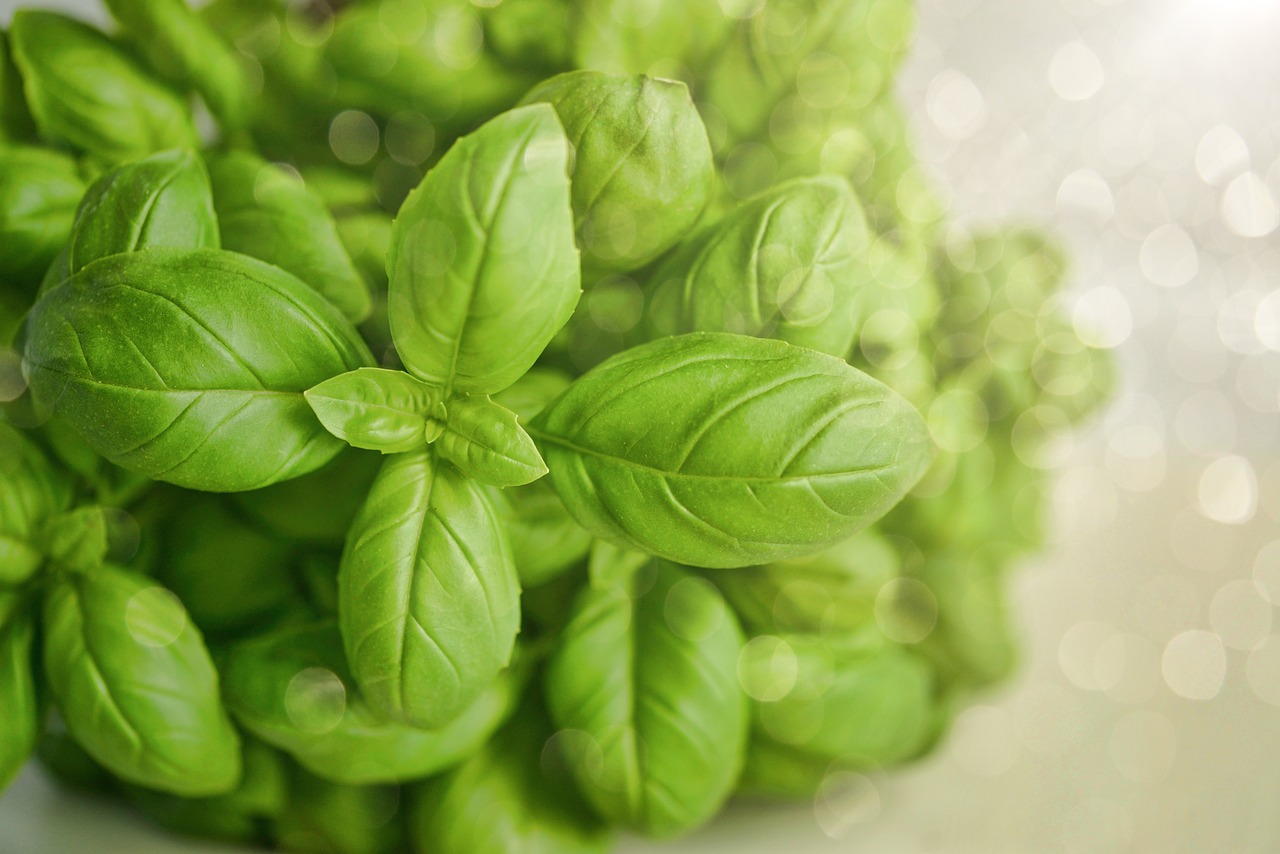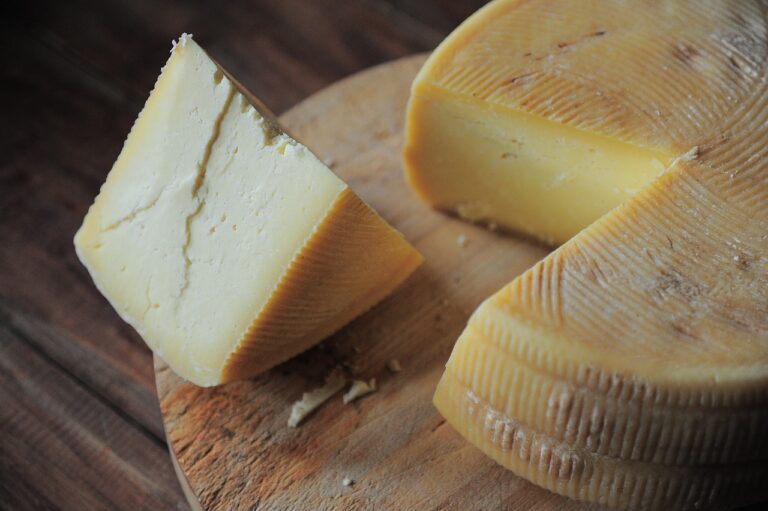Trends in Artisanal Food Production: Reviving Traditional Methods
In recent years, artisanal food production has surged in popularity, with consumers seeking unique and high-quality products that reflect a sense of craftsmanship and tradition. Small-scale producers have carved out a niche market for themselves, offering everything from handcrafted cheeses and breads to specialty chocolates and condiments. This shift towards artisanal foods signifies a desire for a more personal connection with the food we consume, as well as a growing appreciation for the time and effort that goes into creating these delicacies.
Amidst the mass production and standardization of food in the modern era, artisanal producers bring a welcome touch of individuality and creativity to the table. By sourcing locally and embracing traditional techniques, these artisans are able to showcase the unique flavors and qualities of heritage ingredients, sparking a renewed interest in preserving culinary traditions. With a focus on quality over quantity, artisanal food production serves as a reminder of the artistry and passion that can be found in every bite.
Artisanal food production has seen a surge in popularity, offering unique and high-quality products.
Small-scale producers are creating handcrafted cheeses, breads, chocolates, and condiments.
Consumers seek a personal connection with their food and appreciate the craftsmanship involved.
Artisans sourcing locally and using traditional techniques highlight unique flavors of heritage ingredients.
Quality over quantity is emphasized in artisanal food production, showcasing artistry and passion.
The Rise of Small-Scale Food Producers
The landscape of food production is shifting as small-scale producers have been gaining prominence in recent years. These artisans, passionate about their craft, are reviving age-old techniques and traditions to create high-quality, unique products that stand out in a market saturated with mass-produced goods. By focusing on quality over quantity, these producers are able to connect with consumers on a more personal level, sharing the story behind each handcrafted item.
The rise of small-scale food producers is a testament to the growing demand for authentic, locally sourced products. Consumers are increasingly drawn to the transparency and integrity that comes with knowing where their food comes from and how it is made. This shift towards supporting small-scale producers not only fosters a sense of community and connection but also promotes sustainability practices that benefit both the environment and the economy.
Embracing Heritage Ingredients in Artisanal Foods
Artisanal food producers are increasingly turning to heritage ingredients to create unique and authentic flavors in their products. These ingredients not only add a historical and cultural depth to the final product but also help in preserving traditional culinary practices that have been passed down through generations. Embracing these heritage ingredients allows small-scale food producers to differentiate themselves in a competitive market and appeal to consumers seeking a connection to the past through their food choices.
From heirloom fruits and vegetables to ancient grains and rare spices, the use of heritage ingredients in artisanal foods showcases a commitment to quality and a respect for the environment. By sourcing these ingredients from local farmers and producers, artisans can support sustainable agricultural practices while also celebrating the rich diversity of flavors and textures that these heritage ingredients bring to their creations. As consumers become more conscious of the origins and impact of their food choices, the embrace of heritage ingredients in artisanal foods serves as a bridge between the past and the present, creating a meaningful culinary experience for all.
What is the significance of heritage ingredients in artisanal foods?
Heritage ingredients are traditional and culturally significant foods that have been passed down through generations. They add unique flavors and textures to artisanal foods, preserving culinary traditions.
Why are small-scale food producers embracing heritage ingredients?
Small-scale food producers are embracing heritage ingredients to differentiate their products in a competitive market. These ingredients also offer a story and connection to the past, attracting consumers looking for authenticity.
How do heritage ingredients contribute to the overall quality of artisanal foods?
Heritage ingredients are often grown or produced using traditional methods, resulting in higher quality and more flavorful end products. They can also have nutritional benefits and support sustainable agriculture practices.
Are heritage ingredients more expensive than modern ingredients?
In some cases, heritage ingredients may be more expensive due to their limited availability or labor-intensive production methods. However, many small-scale food producers are willing to invest in these ingredients for their unique qualities and cultural significance.
Where can consumers find artisanal foods made with heritage ingredients?
Consumers can find artisanal foods made with heritage ingredients at farmers markets, specialty food stores, and online retailers that focus on supporting small-scale producers. These products may also be featured in restaurants and food festivals that celebrate traditional cuisine.







